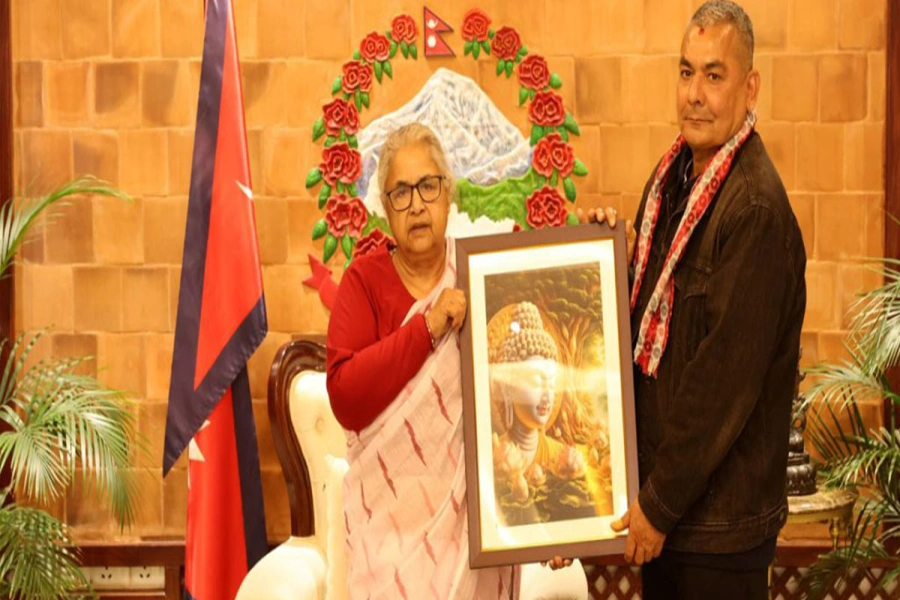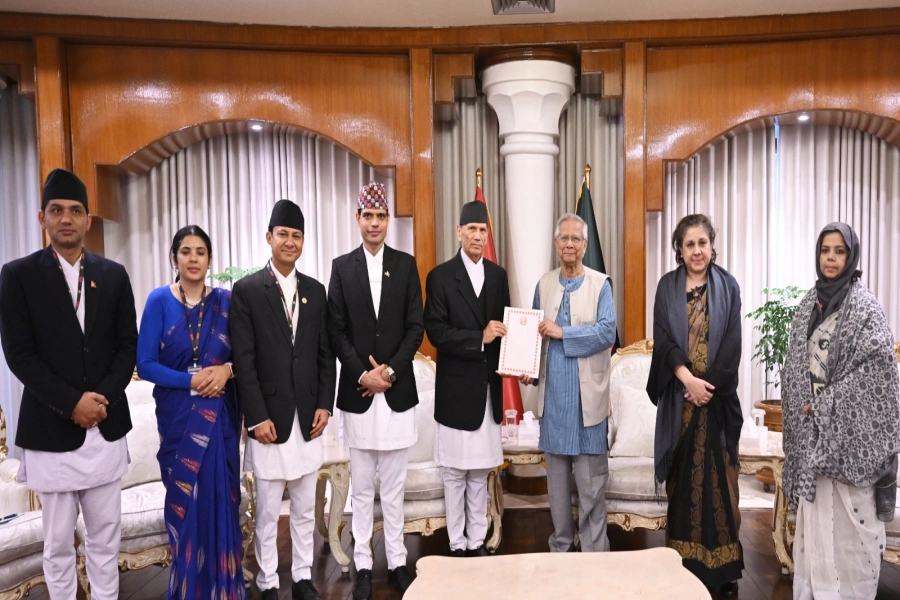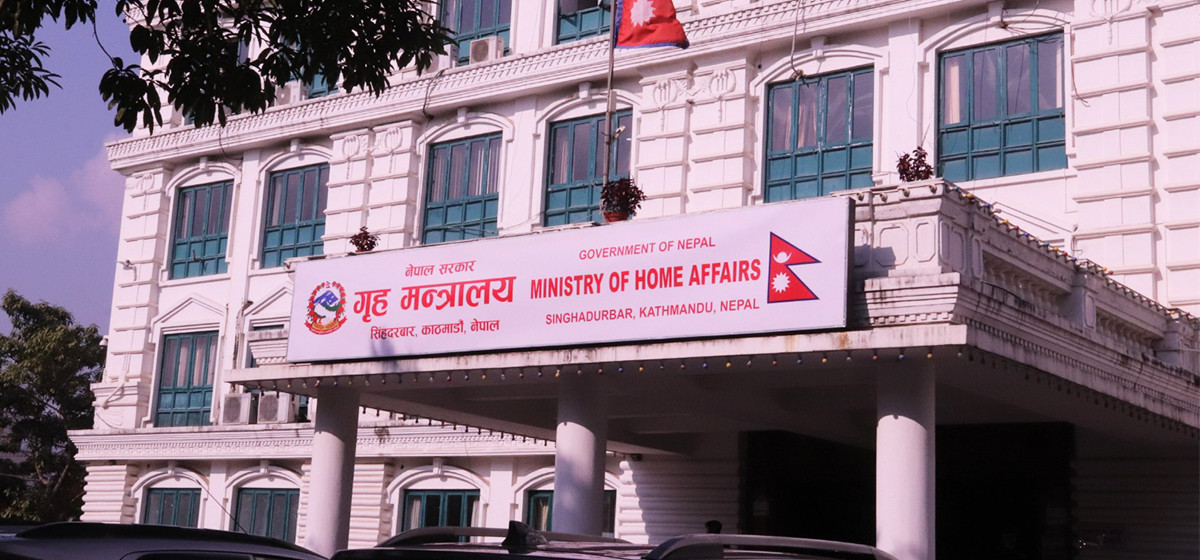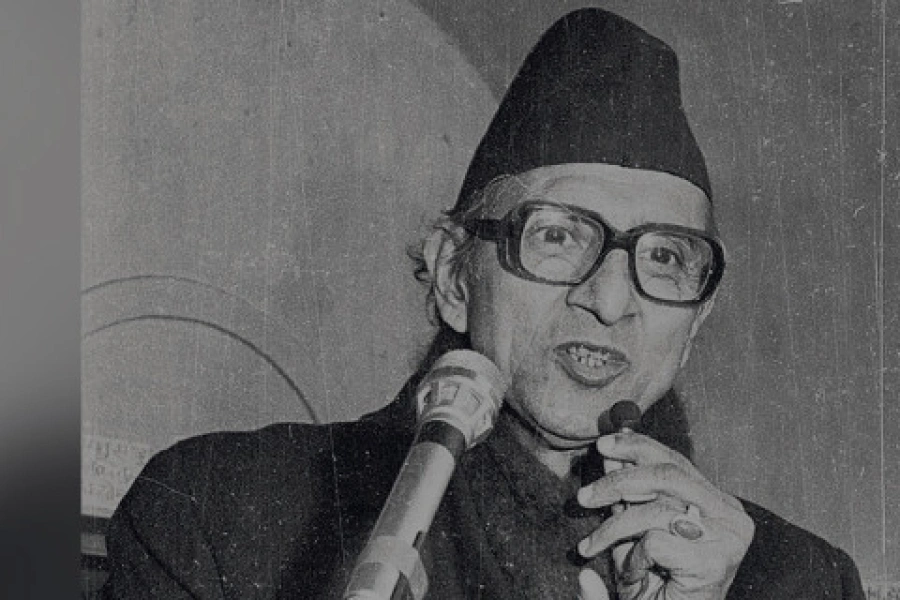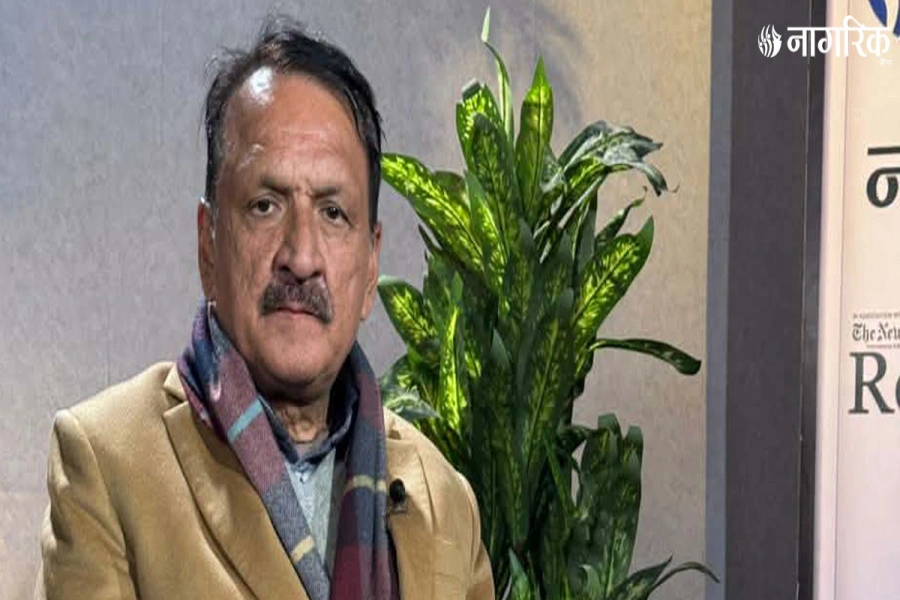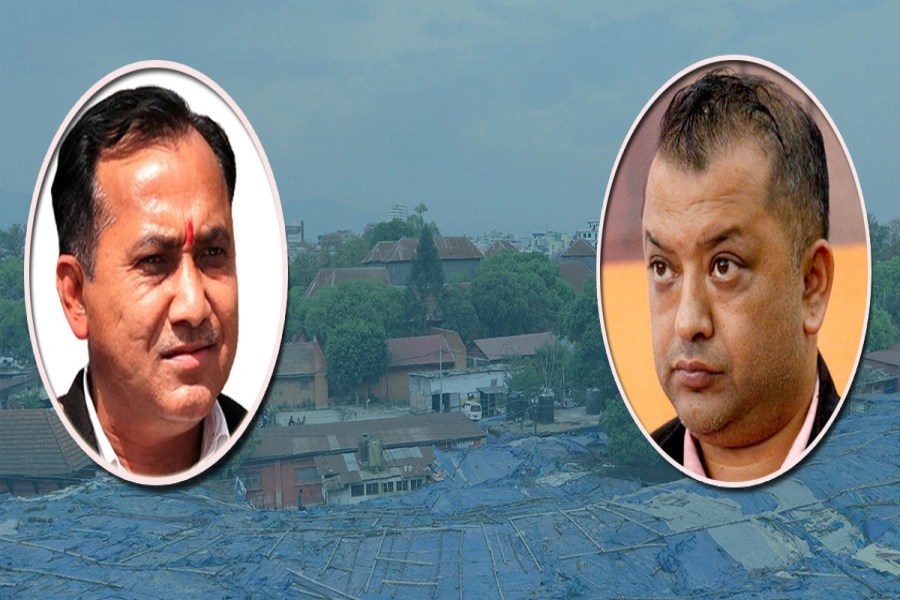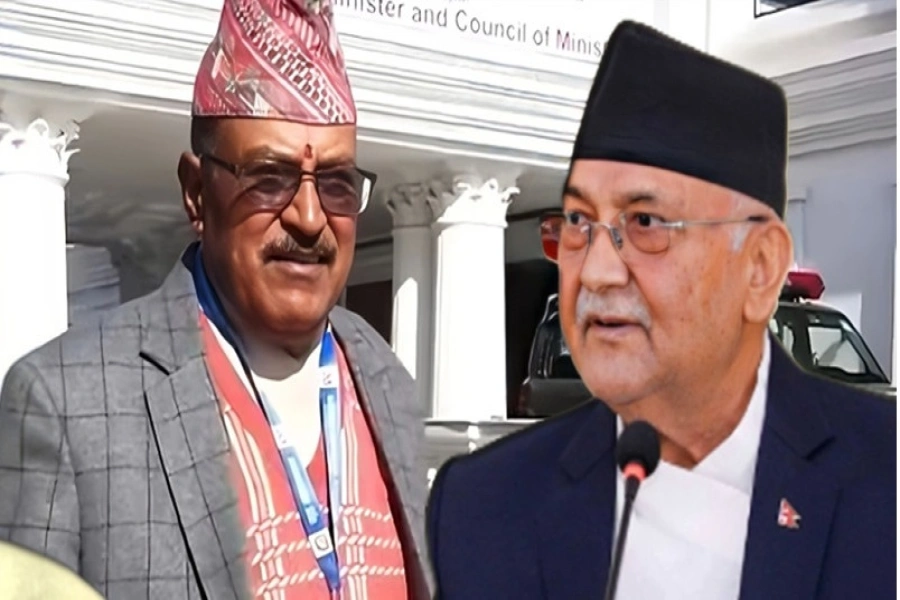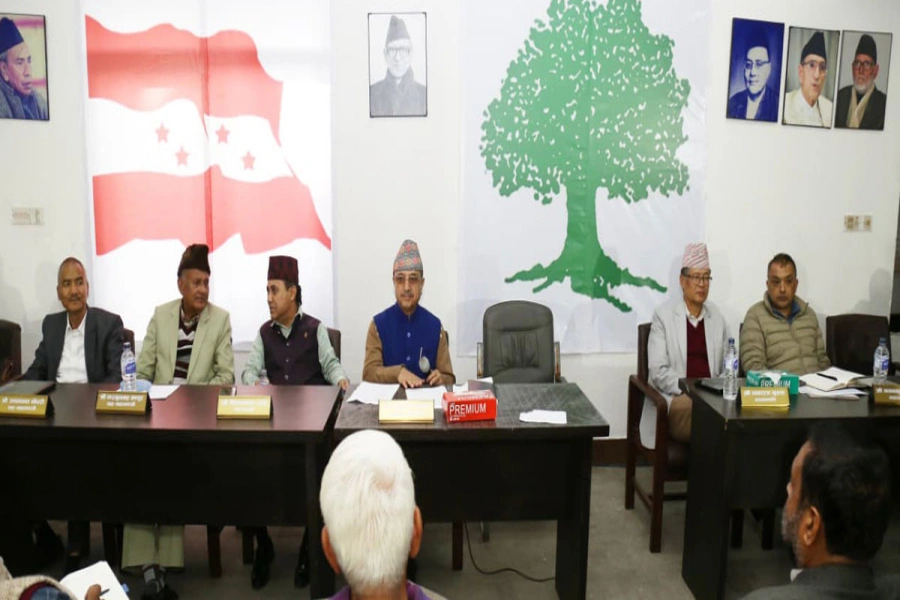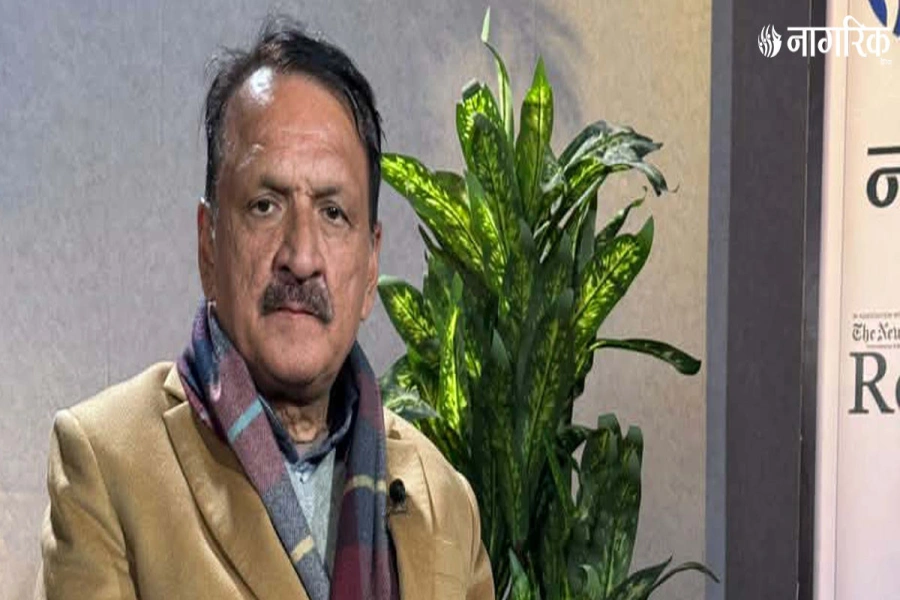Rastriya Swatantra Party (RSP) Chairman Rabi Lamichhane has been in police custody since October 18 in connection with the embezzlement of cooperative funds. While calling the arrest politically motivated, the RSP has launched protests in various parts of the country, including Pokhara and Kathmandu. RSP leaders have publicly criticized Prime Minister KP Sharma Oli, Home Minister Ramesh Lekhak, and Nepali Congress (NC) President Sher Bahadur Deuba, while quietly lobbying for Lamichhane's release and an end to the investigation. RSP Vice Chairman Dol Prasad Aryal has met with government officials to push for Lamichhane’s release. Aryal has also reportedly sought a meeting with Foreign Minister Dr Arzu Rana Deuba, as he continues lobbying for the party chairman’s release. The party, which even burned an effigy of Prime Minister Oli in protest against Lamichhane's arrest, now appears to be attempting to influence political leadership to secure his release. While it is natural to maintain communication between the ruling and opposition parties, seeking the favor of ruling parties to influence a case that is sub judice in court sets an extremely bad precedent, and this must stop.
The RSP, as claimed by their leaders, was formed to promote a new political culture in the country, but the party's recent actions suggest it is becoming "old wine in a new bottle." Their protests, though peaceful, have involved inflammatory speeches and the burning of the prime minister's effigy—all because their chairman was arrested after a parliamentary probe linked him to a cooperative fund embezzlement scam. The case has now reached the court, which is expected to make a decision after conducting hearings. The RSP's efforts to lobby top political leaders for Lamichhane’s release indicate that they do not trust the independent judiciary. This also suggests they do not believe in the rule of law. Their recent actions show that they think laws can be bent in their favor—something older parties are often accused of doing.
RSP seeks explanation from General Secretary Dhakal

In an editorial in this space a week ago, we noted that the RSP’s protest against Lamichhane’s arrest is uncharacteristic. We repeat this today, as the judicial investigation into his involvement in the embezzlement case is ongoing. That said, we urge RSP leaders and cadres to exercise restraint in their protests and remain vigilant as the legal process unfolds. They should allow the judiciary to do its job and trust that Lamichhane will be acquitted if he is not guilty. This will help the party leadership clear the allegations that have been hovering for the past several months. We also urge the government to allow the judiciary to operate without any external influence. Although the RSP has some shortcomings, people still view it as an alternative political force in the country. The party must correct its course and avoid becoming irrelevant.




